Heuristics and biases are often treated as synonymous when they aren’t. Read on to gain a better understanding of heuristics and biases.
What I realized when writing my post on heuristics, though, is that people often treat biases and heuristics as if they are one and the same(1).
The truth, though, is that they are not synonymous. The reason why they are conflated is that it’s difficult to tease them apart in most situations. By treating them as the same, we miss nuances that are important for understanding human decision-making.
Let’s begin with a refresher on what biases and heuristics represent.
What Heuristics And Biases Mean?
Biases, regardless of whether they are hardwired into us due to evolution, learned through socialization or direct experience or a function of genetically influenced traits, represent predispositions to favor a given conclusion over other conclusions. Therefore, biases might be considered the leanings, priorities, and inclinations that influence our decisions(2).
Heuristics are mental shortcuts that allow us to make decisions more quickly, frugally, and/or accurately than if we considered additional information. They are derived from experience and formal learning and are open to continuous updates based on new experiences and information. Therefore, heuristics represent the strategies we employ to filter and attend to information(3).
Related: 3 Key Questions To Ask Yourself To Help Make Any Decision
Heuristics and Biases Examples
Let’s dissect a very simple decision.
You’ve taken a shower, dried off, and gotten dressed. As you go through the motions of your routine, you noticed you’re running low on deodorant. That certainly isn’t a good thing(4)!
If you’re like a lot of people in 2020, you might sit down at your computer, pull up your favorite place to shop online, and simply re-order a three-pack of whatever you use(5). Odds are you didn’t sit down and do hours of research to determine which deodorant you were going to buy. The reason for this is that you started with a preference for a particular brand and type of deodorant.
This preference, which is perhaps a strong one, may have resulted in a bias to maintain the status quo. You rely on heuristics to help identify your deodorant (usually by sight) and you add it to your virtual cart and place your order. In this instance, your bias influenced your preference toward your current deodorant, and your heuristic helped you to identify it. Potential stinkiness crisis averted.
But, since this is 2020, let’s change the scenario up a little bit. You’re still running out of deodorant, but when you sit down to buy it off your preferred Internet shopping site, you find that it’s out of stock. Now the situation is a bit more complicated, and our biases and heuristics will play very different roles in helping us to address the situation.
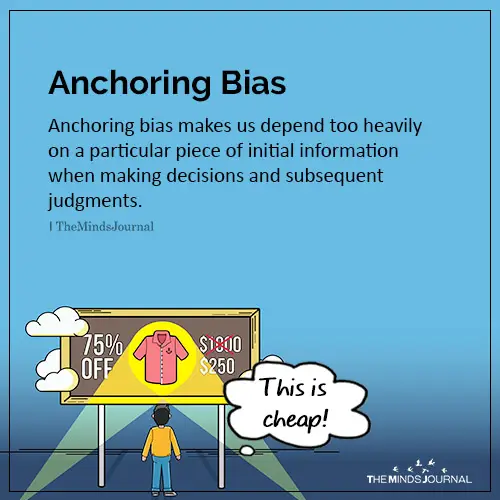
Related: 7 Strategies For Smarter Decision Making, According to Science
Let’s start by taking the scenario in which you have a strong bias toward maintaining the status quo and ordering the deodorant you have been using.
In that case, you will likely be motivated to make a purchasing decision consistent with your strong bias (i.e., look to purchase it from a different vendor, maintaining the status quo with your deodorant). Thus, in this scenario, you decide to look elsewhere.
Of course, where to look is another decision. You can either choose to conduct an extensive review of sites where your product is available, or you can do what most people would do: check one of the other online stores where you tend to shop. At this step, the availability heuristic is likely to guide your decision, causing you to navigate to an alternative site that quickly comes to mind(6).
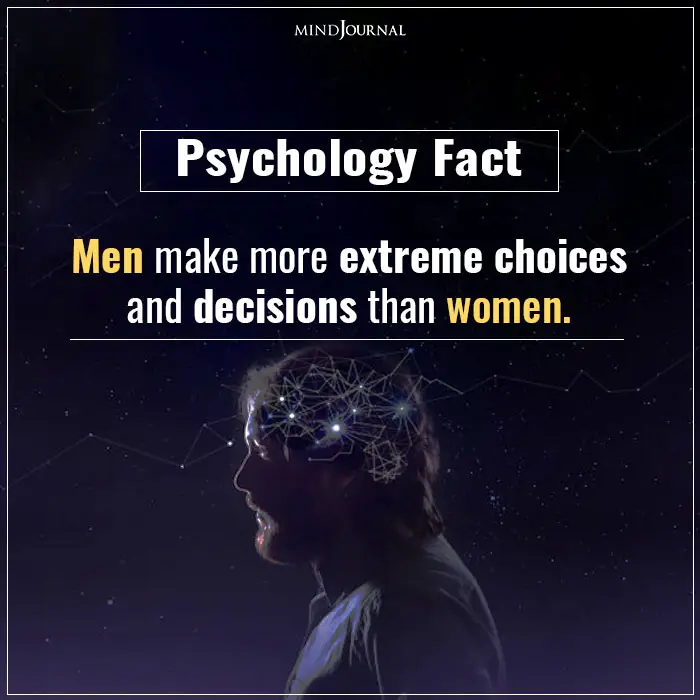
However, let’s say you don’t have a strong preference toward the brand and type of deodorant you’ve been using. In this instance, the Great Deodorant Crisis may be much less of a crisis because you’re less inclined to stay with the status quo, instead opting to see what else is available at your regular online vendor(7). The weaker your bias toward the status quo, the more likely you are to choose this option.
This decision, too, also comes with a different decision choice. Your heuristics will help you select an alternative product that meets some criteria. You might, for example, look for a different product within your usual brand or you might look for a similar type of deodorant made by a different brand. You might refine your decision by looking at ratings and price, eventually concluding some product is good enough to meet whatever criteria you set.
However, you are not likely going to engage in an extensive review of evidence to help you reach that final decision. Instead, you may employ a satisficing heuristic (opting for the first product that looks good enough), a similarity heuristic (opting for the product that looks closest to your current deodorant), or some other heuristic to help you select the product you decide to order.
Thus, when attempting to resolve the Great Deodorant Crisis, the strength of your bias ends up influencing how you approach the decision (whether to buy the same product or not) and your heuristics help you filter information in a way that speeds up your decision-making.
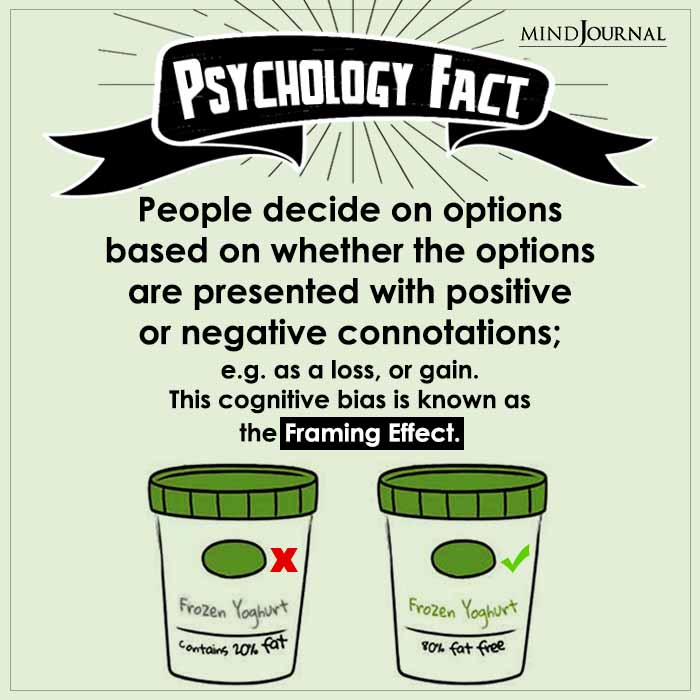
Related: What Is The Dunning-Kruger Effect (And How To Avoid This Cognitive Bias)
While the deodorant example is obviously simple, biases and heuristics play a role in almost all decisions we make. Choices about who to hire, how to invest in the stock market, and when to seek medical care when something ails us are examples of more important decisions that are all influenced by biases and heuristics.
We may have multiple biases at play in such decisions (e.g., toward job applicants who appear to be more like us, toward particular skills sets or past jobs), and more complex decisions may rely on a greater number of or more complex heuristics (e.g., using fast-and-frugal trees to determine acceptability of a job applicant and then applying a more sophisticated take-the-best heuristic to make a final selection)(8).
The question, though, is often whether your biases and heuristics are aiding or inhibiting the ecological rationality of your decision, and that will vary from situation to situation.
Please share this article on heuristics and biases with anyone who you may think will find it valuable and helpful.
References Footnotes [1] Gigerenzer and Brighton (2009) chronicled how they became entangled. [2] They often influence which option we choose. [3] They often influence how we make that choice (the if/then processing that leads to a final conclusion). [4] And nobody wants to stink during their Zoom call. Am I right? [5] Your biases may also have influenced the online vendor you chose to buy from, which was a second decision we could dissect, but I want to keep the example simple here. [6] And unless it’s like the Great Toilet Paper Shortage of 2020 or you use a deodorant that might be more difficult to find, you are likely to be successful there. [7] Especially since you are already there. [8] I am not implying that all hiring possesses these biases or relies on these heuristics. Instead, I am simply illustrating examples of the biases and heuristics that may influence the hiring of a job applicant.
Written by: Matt Grawitch, Ph.D Originally appeared on: Psychology Today Republished with permission
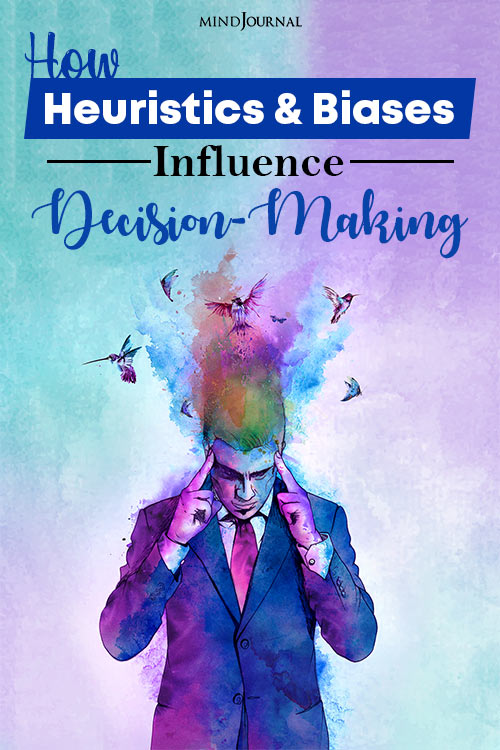
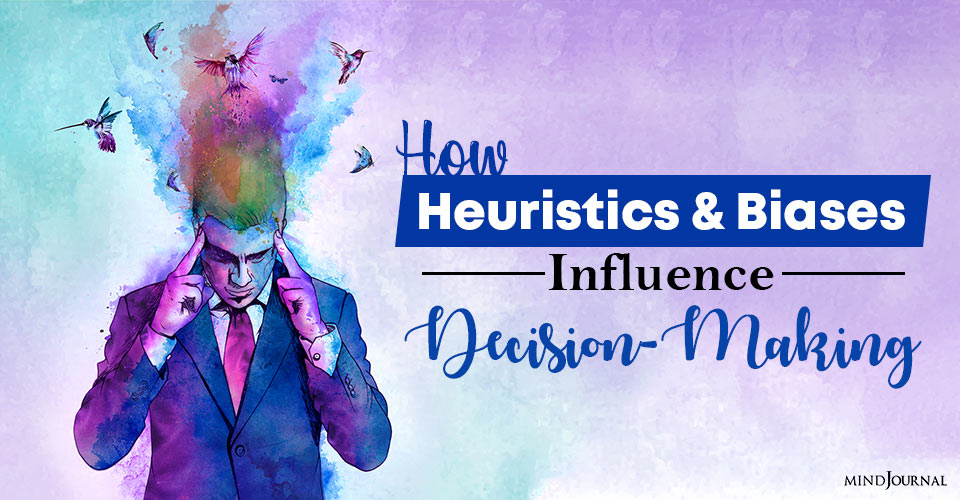


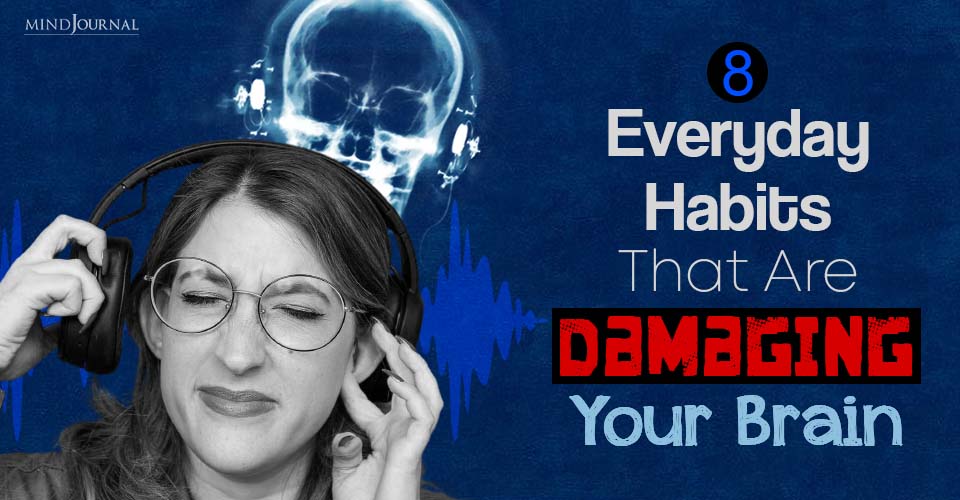



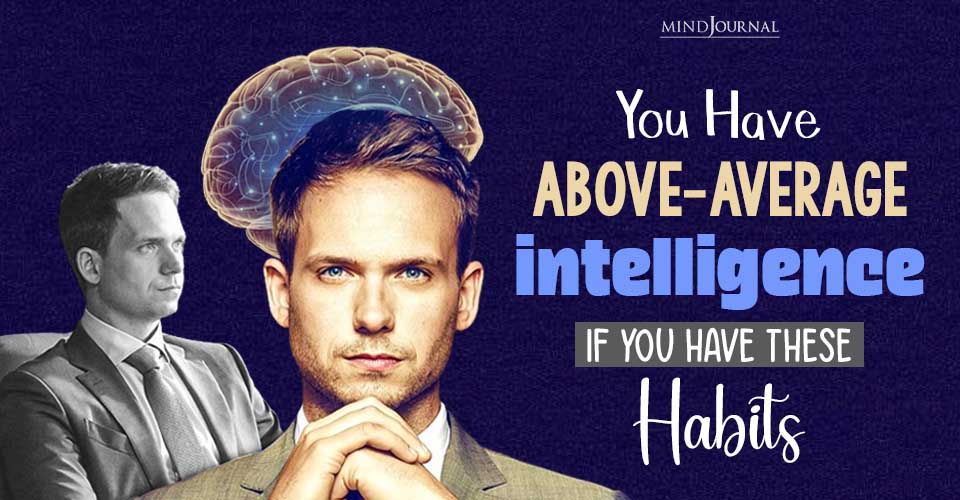
Leave a Reply
You must be logged in to post a comment.